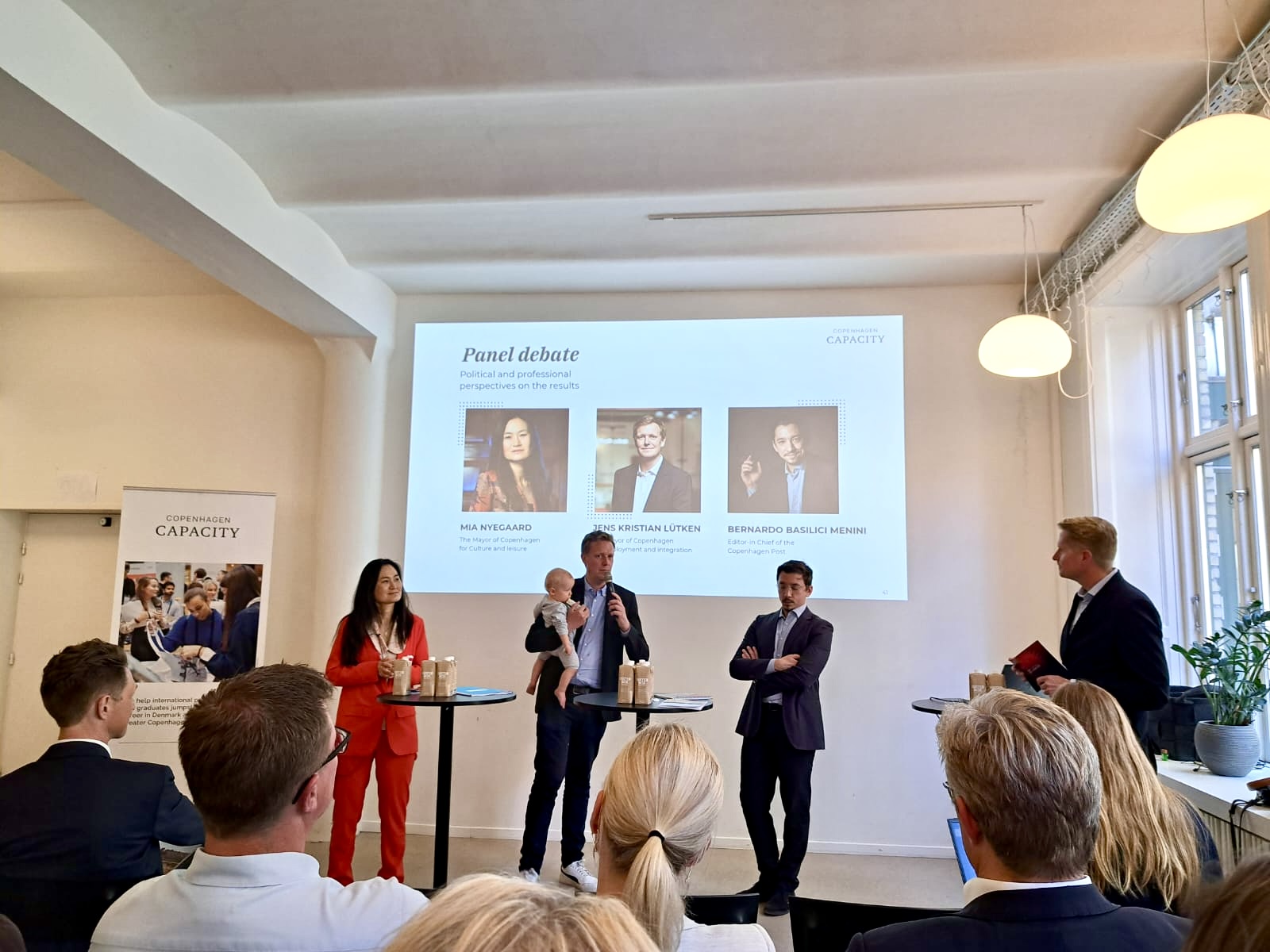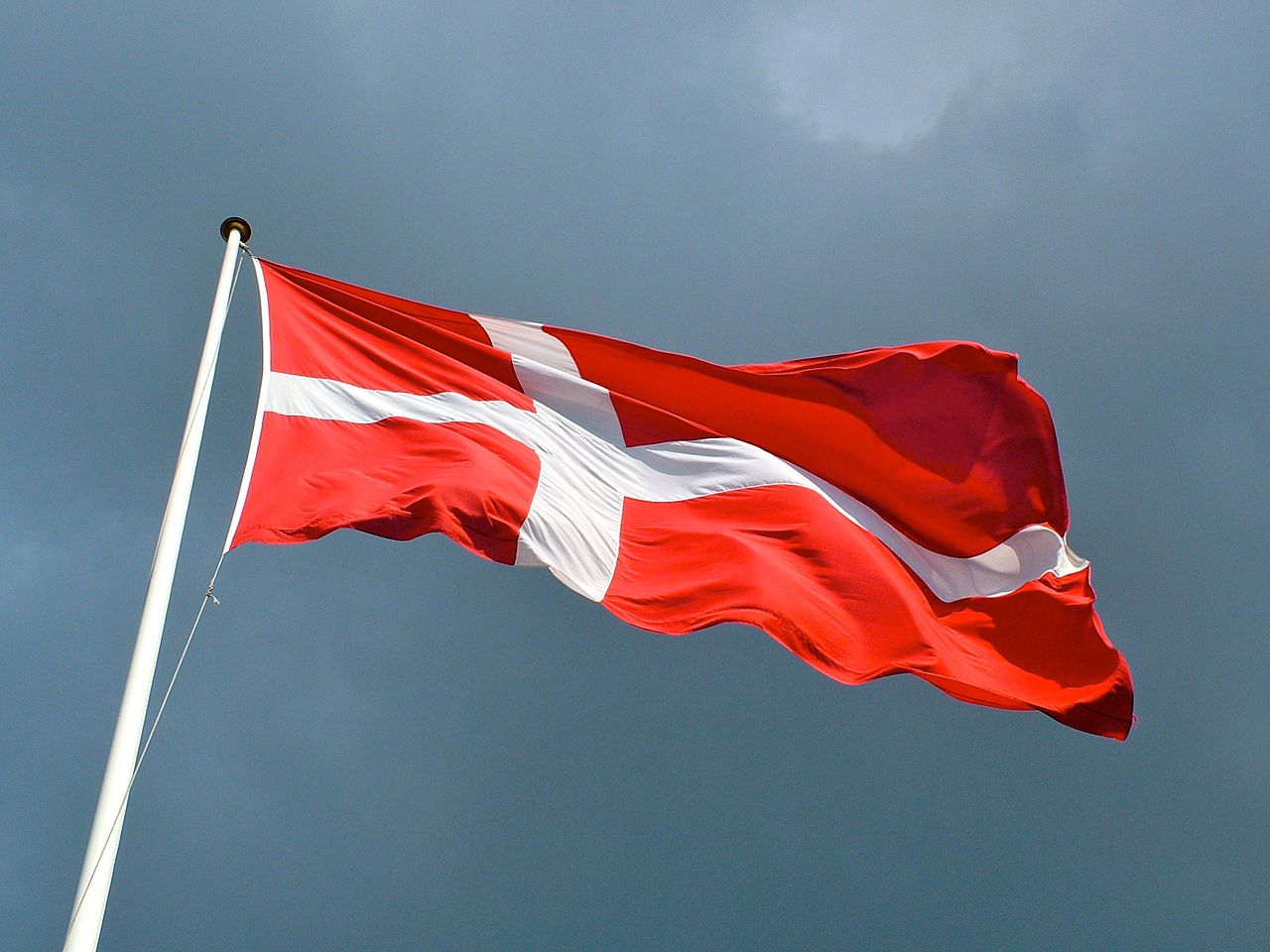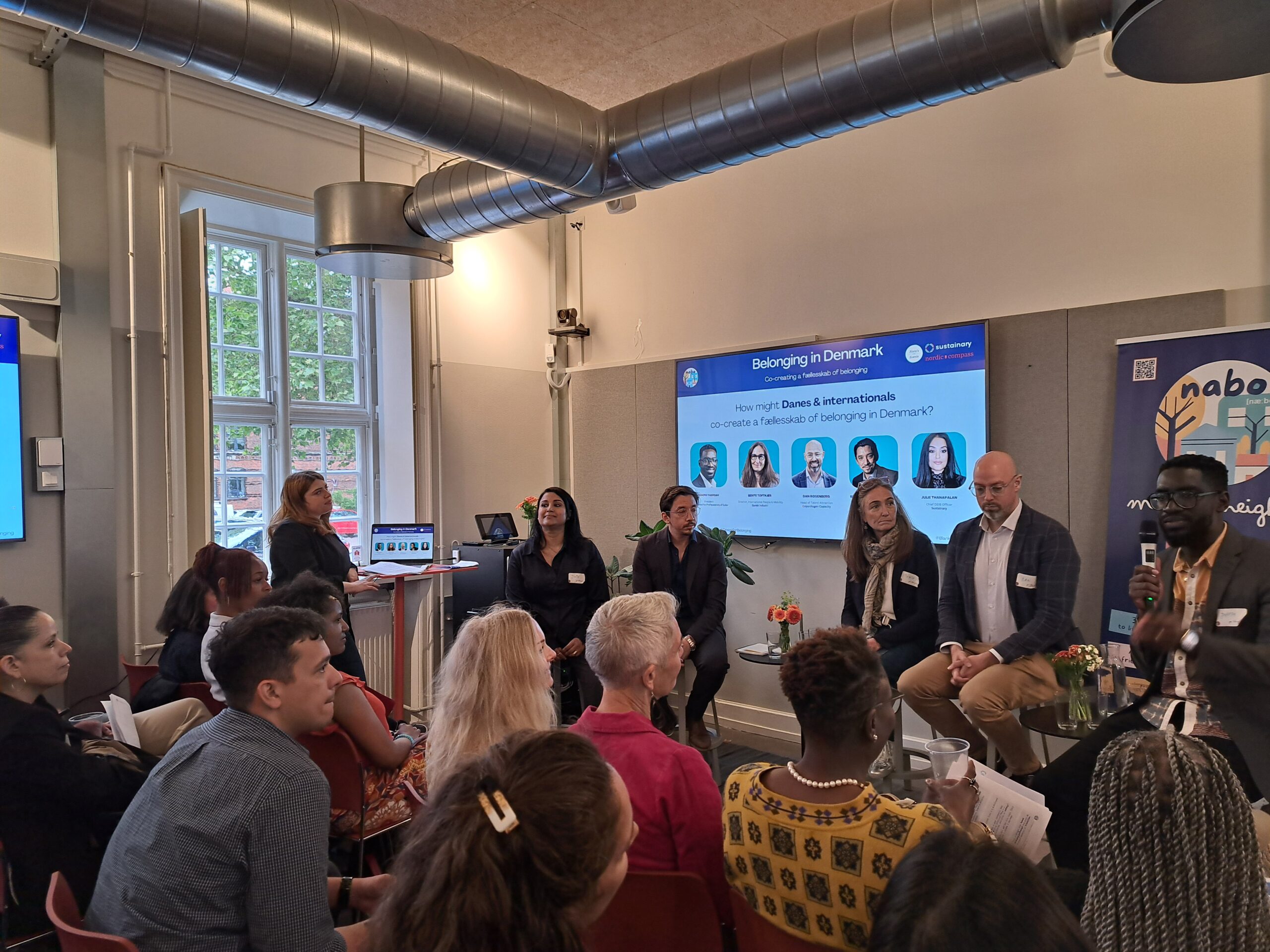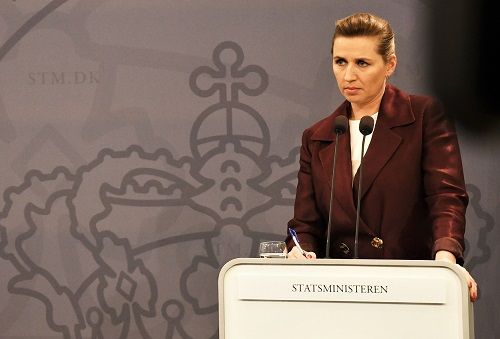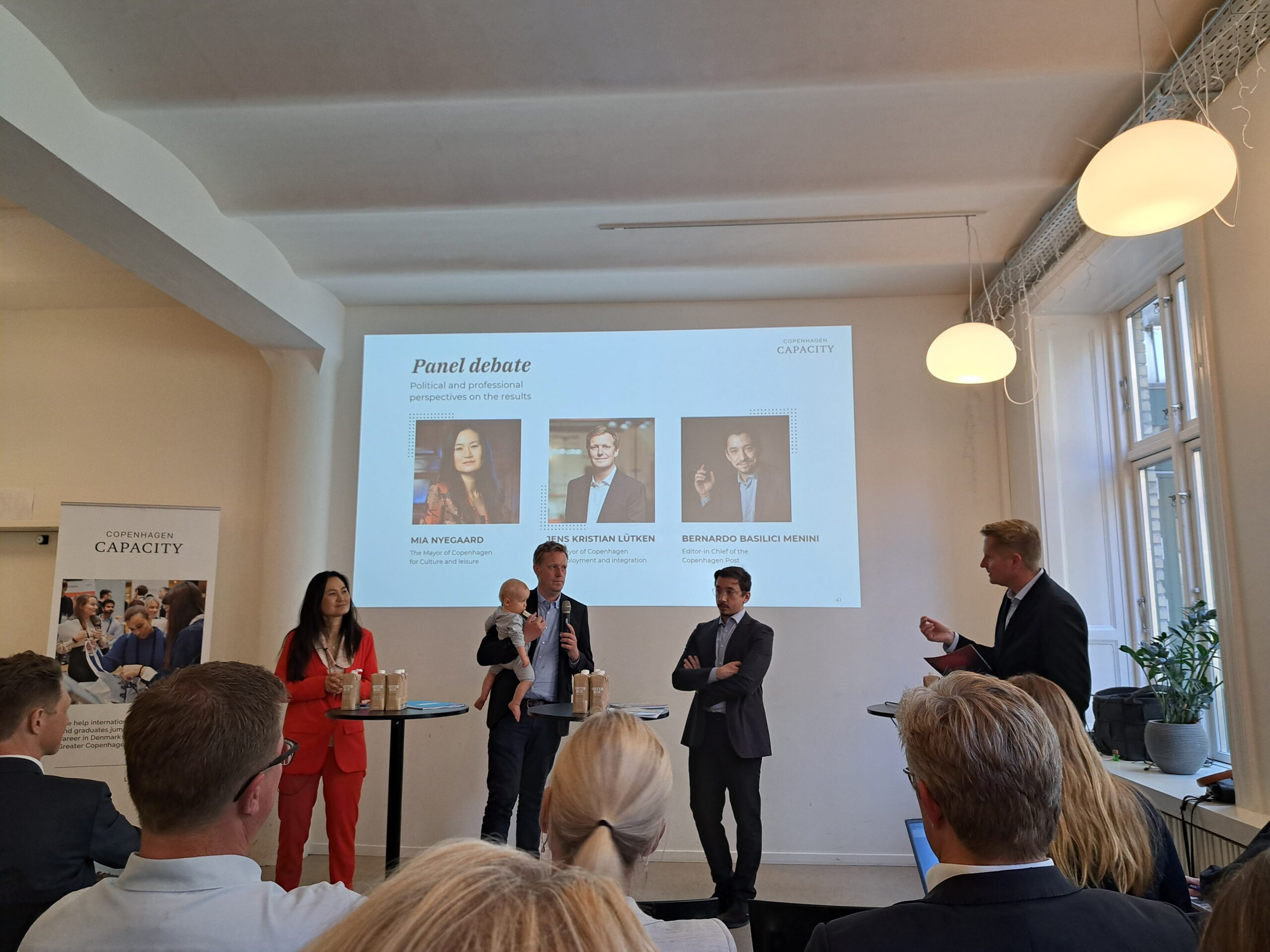When a housing association in Kokkedal voted to cancel its annual 7,000 kroner Christmas tree and celebration three days after 60,000 kroner was given to pay for a party celebrating the Muslim holiday Eid, the story quickly went viral.
Religious intolerance was blamed for the cancellation of the Christmas celebrations after initial reports suggested that a majority on the housing association’s board were Muslim. Some of the board members later explained that the Christmas tree was axed because no one wanted to take responsibility for getting it.
The actual story is not so clear, however. Politiken newspaper has reported that only three of the nine board members were Muslim, while the chairman of the housing association said that she had offered to take on the responsibility of buying the Christmas tree, though this is not noted in the minutes of the meeting.
The details remain sketchy, but this hasn’t stopped politicians from telling the public that dark forces are at play.
“Some might say that it is merely a banal disagreement in a little case on a board,” MP Karen Jespersen (Venstre), wrote in an opinion piece on Berlingske’s website. “But the case has a larger perspective. It shows how radical Muslims react when they get power.”
That view was shared by a number of opinion writers who argued cancelling the Christmas tree demonstrated a tendency by Muslims to use democratic tools to replace Danish cultural norms with their own.
Soon after, Ekstra Bladet tabloid ran a story about how the Salvation Army noticed that around 90 percent of those asking for support over Christmas in a small town in Jutland had names that were not traditionally Danish.
“We noticed that many had foreign names,” the Salvation Army spokesperson told Ekstra Bladet. “Let’s just call them Muslims.”
MP Pia Kjærsgaard, of the right-wing Dansk Folkeparti, smelled blood.
“In a time when a Muslim-dominated housing association uses all of its resources to fight the Danish traditions of Christmas cheer and Christmas trees, Muslims also stand in line to ask for Christmas help,” Kjærsgaard wrote on Facebook. “For what? Hardly to celebrate Jesus’ birth or to mark the Christian holiday in any other way.”
To Susi Meret, an assistant professor at Aarhus University and expert in far-right politics, the arguments have been predictable. But she questioned how the two local stories had become nationwide news so suddenly.
“The story brought up value issues and the supposed threat that the Muslim ethnic minority represents to Danish traditions,” Meret said.
She explained that the debate over Danish values was a staple of the former government but had been dormant for some time. The speed at which this story revived the anti-Muslim rhetoric demonstrated that value politics are far from dead and buried.
“Value politics were suddenly revived with this local story that became national news. And this happened despite the fact that we do not know precisely what happened in the board,” Meret said. “The members that were interviewed were suddenly on national news and weren’t necessarily people who know how to talk to the media without misrepresenting themselves.”
Nils Holtug, director of Centre for the Study of Equality and Multiculturalism at the University of Copenhagen, explains that the popularity of the story demonstrated the fact that many Danes are still suspicious about viability of multiculturalism.
“Looking at polls, it seems that Danes don’t embrace multicultural policies, like those in the UK and Netherlands, presumably at least in part because of fears about the illiberal tenets in Islam,” Holtug said, adding that views toward immigration in Denmark are very polarised.
“The liberals and left-wing have been quite worried to push the multicultural line because public opinion does not support it.”
Holtug added that the Christmas tree debate also exposed a tension between conservative and liberal voices in Denmark, the former arguing that Danish traditions should be privileged while the latter argued that democratic votes should be respected regardless of the outcome.
These two views were represented in opinion pieces published in the wake of the story.
Yildiz Akdogan, a former MP for the Socialdemokraterne, suggested that the board should have been more sensitive to the needs of the minority.
“One of the principal tasks of a democracy is to ensure that the rights of minorities are respected, in this case the minority’s interest in having a Christmas tree,” Akdogan wrote in an opinion piece on Berlingske, adding on her Facebook profile: “The media needs to remember that you cannot blame everyone for what five idiots at a board meeting decide.”
Politiken editor Anita Bay Bundegaard argued, on the other hand, that critics of the decision to cancel the tree were hypocrites.
“Where in the world could these people in Kokkedal have got the idea that a majority is a majority, and that a minority have to accede to the decision of the majority?” she wrote. “The Mohammed cartoons strike me as the best showcase for this point of view.”
Supporters of Jyllands-Posten newspaper’s 2005 decision to publish cartoons of the prophet Mohammed argued that regardless of how offended Danish Muslims may get, the right to publish the cartoons was secured through the democratic system and the minority has to make do with the will of the majority.
Given that at least one board member refused to buy the Christmas tree because he was a Muslim, there is an indication that a breakdown in cultural communication could be to blame for the Christmas tree fiasco – a communication breakdown that Akdogan argues represents “a sad pattern in social housing areas where more and more – mostly young – people describe themselves firstly as Muslim, and second as Danish.”
According to Samira Nawa, the former chairman of the New Danish Youth Council, Kjærsgaard and Jespersen are partly responsible for this shift due to their anti-Muslim rhetoric.
“These politicians are just pushing Muslims further away and into the hands of more radical groups, and that’s a huge problem for both them and society as a whole,” Nawa said. “Young Muslims like me who are educated and part of society want to contribute. But we feel that every time we do something for our beloved Denmark we are treated as second-class citizens. It’s as though you cannot be both Danish and Muslim.”


